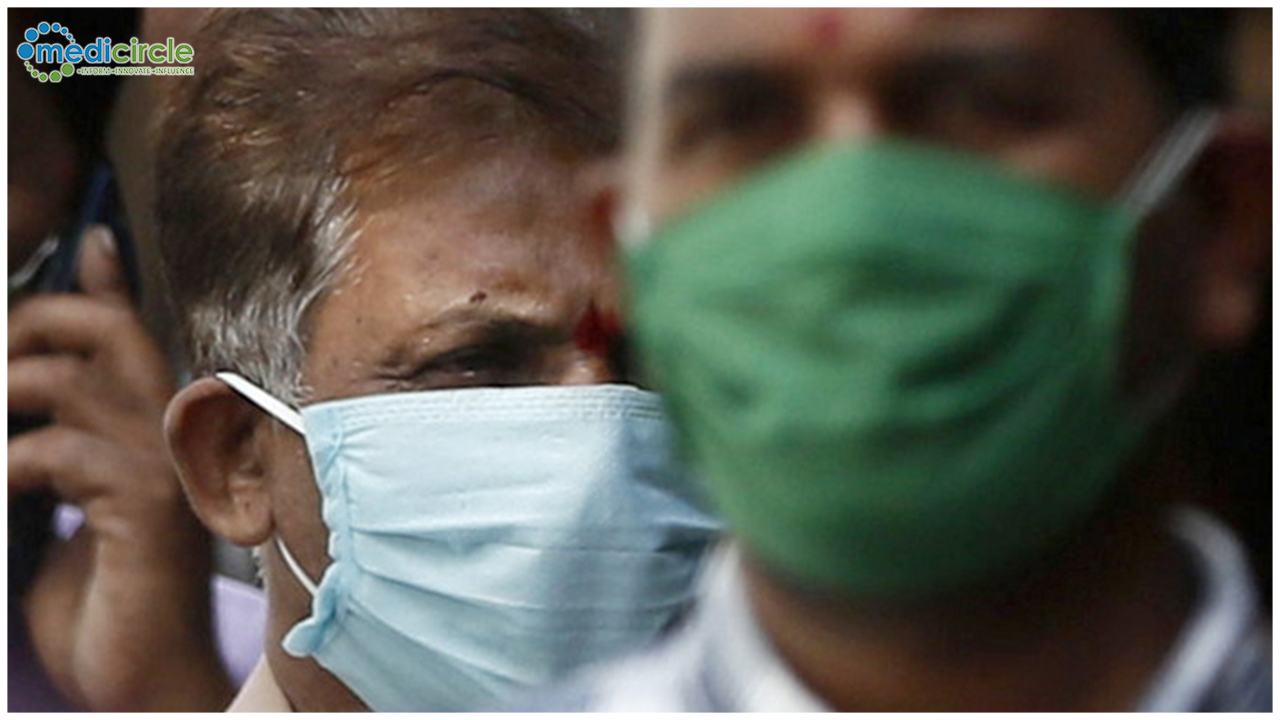India's response to COVID-19 has been pre-emptive, pro-active and graded. India had already put in place a comprehensive response system at its borders much before WHO declared it as a public health emergency of international concern (30th January)
Screening of incoming air passengers followed by suspension of visas and and ban on international flights was done much ahead of any other country.
Thermal screening of incoming international passengers from China and Hong Kong was started on 18th January, much before the first case of Coronavirus was detected in India on 30th January, 2020,.
A look at the global scenario would highlight that Italy and Spain, which are devastated by COVID-19, had started screening of travellers 25 days and 39 days respectively after first reported case.
Central Government took a number of proactive measures, such as travel restrictions, adding more countries and airports for screening, suspension of visas and self quarantine measures to effectively contain, prevent and manage the spread of the disease. A chronology of the decisions taken so far is as follows:
17th jan- Advisory issued to avoid travel to china
18th Jan - thermal screening of passengers from China and Hong Kong
30th Jan – strong advisory issued to avoid travel to China.
3rd Feb - E- visa facility suspended for Chinese citizens.
22nd Feb -Advisory issued to avoid travel to Singapore; Universal screening for flights from Kathmandu, Indonesia, Vietnam and Malaysia.
26th Feb - Advisory issued to avoid travel to Iran, Italy and Republic of Korea. Passengers coming from these countries to be screened , and may be quarantined based on screening and risk assessment.
3rd March: Suspension of all visas for Italy, Iran, South Korea, Japan and China; Compulsory health screening for passengers arriving directly or indirectly from China, South Korea, Japan, Iran, Italy, Hong Kong, Macau, Vietnam, Malaysia, Indonesia, Nepal, Thailand, Singapore and Taiwan.
4th March: Universal screening of all International Flights. Quarantine or isolation at home or sent to hospital based on screening and risk profile
5th March: Passengers from Italy or Republic of Korea need to get medical certificate before entry
10th March, Home isolation: incoming international passengers should self-monitor health and follow govt. Dos and Don’ts: passengers with travel history to China, Hong Kong, Republic of Korea, Japan, Italy, Thailand, Singapore, Iran, Malaysia, France, Spain and Germany to undergo home quarantine for a period of 14 days from the date of their arrival
11th March: Compulsory Quarantine- Incoming travellers (including Indians) arriving from or having visited China, Italy, Iran, Republic of Korea, France, Spain and Germany after 15th February, 2020 shall be quarantined for a minimum period of 14 days.
16, 17, 19 March- Comprehensive advisory:
16 March
Expanded compulsory quarantine for travellers from or through UAE, Qatar, Oman, and Kuwait for a minimum of 14 days.
Travel of passengers from member countries of the European Union, the European Free Trade Association, Turkey and United Kingdom to India totally prohibited
17 March
Travel of passengers from Afghanistan, Philippines, Malaysia prohibited
19 March
All Incoming international flights suspended, with effect from 22nd March
25th March: extension of suspension of all incoming International Flights to India extended till 14th April 2020: Passengers from Italy or Republic of Ko
With evolving global spread of disease, not only travel advisories were revised, but airport screening was also expanded to all airports.
After being screened by health authorities at the airports, passengers were quarantined or sent to hospitals, based on risk assessment by health authorities. Details of even those who were cleared by health authorities were shared with the state government authorities so that they can be kept under the surveillance of their respective state/UT governments for the required number of days.
Screening of passengers took place at 30 airports, 12 major and 65 minor pots and at land borders. Over 36 lakh passengers have been screened.
The statement that 'prosperous Indians' were allowed to return without screening, is preposterous. The government took swift action to put in a place a comprehensive and robust system of screening, quarantine and surveillance are part of its robust response to the public health crisis right from the beginning. This covered every traveller, Indians returning after business, or tourism, students as well as foreigners.
State governments have been regularly requested to maintain and further improve upon this surveillance so that the coverage is complete and there are no gaps. A meticulous system has enabled states to track down individuals who tried to avoid surveillance or who did not follow quarantine measures.us
As many as 20 Video Conferences by Union Health Secretary with State Governments and 6 by the Cabinet Secretary with the State Chief Secretaries have been held to review the and step up the preparedness to deal with the Corona issue. Integrated disease surveillance system, which includes monitoring of international travellers, is one of the many issues discussed in these Video Conferences., it is \

 How India responded to the challenge .an update by GOI
How India responded to the challenge .an update by GOI










.jpeg)

.jpeg)





.jpeg)



.jpeg)
.jpeg)






.jpeg)